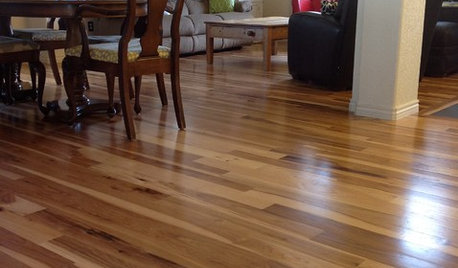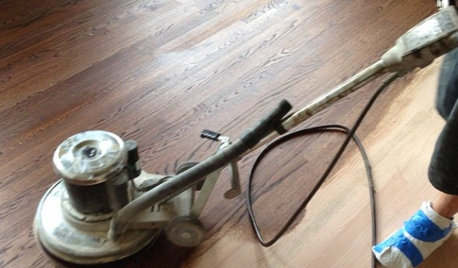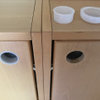floor finish - oil or waterbase? what respirator?
Debbie Downer
11 years ago
Featured Answer
Comments (9)
rwiegand
11 years agomike_kaiser_gw
11 years agoRelated Professionals
Forest Hills Cabinets & Cabinetry · Milford Mill Cabinets & Cabinetry · Atascocita Cabinets & Cabinetry · Lake Shore Carpenters · Coto De Caza Carpenters · Attleboro Flooring Contractors · Elgin Flooring Contractors · Lathrop Flooring Contractors · Lenexa Flooring Contractors · Louisville Flooring Contractors · Mill Valley Flooring Contractors · Orlando Flooring Contractors · Westminster Flooring Contractors · Woodbridge Flooring Contractors · Long Beach Furniture & Accessorieslazy_gardens
11 years agobrickeyee
11 years agoDebbie Downer
10 years agorwiegand
10 years agobrickeyee
10 years agorjconn
10 years ago
Related Stories

GARDENING AND LANDSCAPINGWhat to Know Before You Buy Teak Outdoor Furniture
Learn about finishes, weathering, care and that age-old oil debate to get the teak furnishings that suit you best
Full Story
REMODELING GUIDESPro Finishing Secret: Aniline Dye for Wood
Deeper and richer than any stain, aniline dye gives wood stunningly deep color and a long-lasting finish
Full Story
WALL TREATMENTSPick the Right Paint Finish to Fit Your Style
The question of finish may be as crucial as color. See which of these 9 varieties suits your space — and budget
Full Story
WOODDesign Workshop: Plywood as Finish
Trendproof your interior with this sensible guide to using this utilitarian material indoors
Full Story
FLOORS10 Ways to Make the Most of Your Home’s Original Floors
Save yourself the cost of replacing your old floorboards with these tips for a new finish
Full Story
MATERIALSWhat to Ask Before Choosing a Hardwood Floor
We give you the details on cost, installation, wood varieties and more to help you pick the right hardwood flooring
Full Story
REMODELING GUIDESYour Floor: An Introduction to Solid-Plank Wood Floors
Get the Pros and Cons of Oak, Ash, Pine, Maple and Solid Bamboo
Full Story
DECORATING GUIDESIsn’t It Good, Nordic Wood: The Appeal of Pale Floors
From silvery ash to honey blonde or chalk white, light-toned floors hold the key to the pared-back simplicity of Scandinavian style
Full Story
GREAT HOME PROJECTSWhat to Know Before Refinishing Your Floors
Learn costs and other important details about renewing a hardwood floor — and the one mistake you should avoid
Full Story
HOUSEKEEPINGHow to Clean Hardwood Floors
Gleaming wood floors are a thing of beauty. Find out how to keep them that way
Full Story










brickeyee